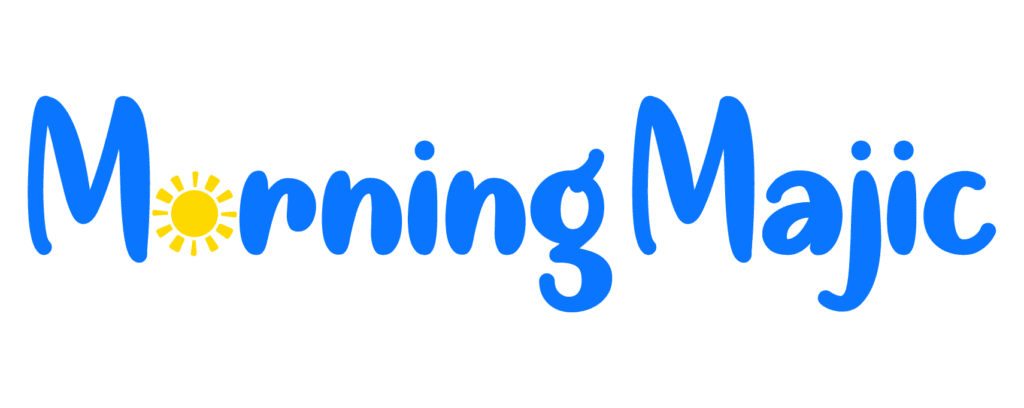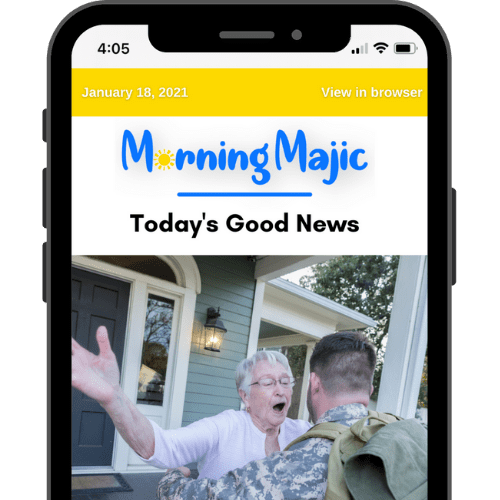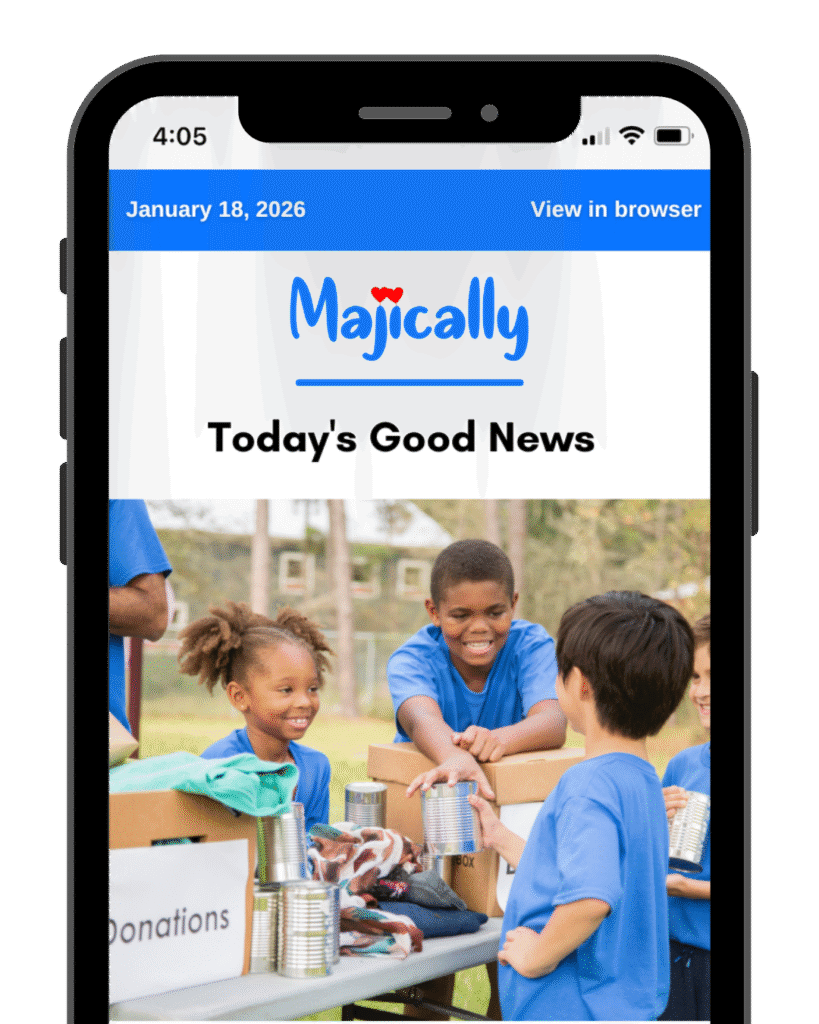
On July 14, 48 hopeful future doctors walked through the glass doors of a brand-new medical school in Bentonville, Arkansas. But this isn’t just any medical school, it’s AWSOM, literally.
The Alice L. Walton School of Medicine (AWSOM) is rethinking how doctors are trained from the ground up. Instead of focusing only on chasing symptoms and prescribing tests, founder Alice Walton wants her graduates to keep patients healthy by focusing on prevention, nutrition, mental health, and the whole person.
“I wanted to create a school that really gives doctors the ability to focus on how to keep their patients healthy,” says Walton.

And students are here for it. “I applied to 34 schools, and nowhere else are they doing this,” says Ellie Andrew-Vaughn, who traveled from Ann Arbor, Michigan, to join the inaugural class. Rebecca Wilson, who grew up in nearby Cave Springs, says she “heard whispers about the school back in December 2021” and was drawn to “how revolutionary their outlook on medicine was… it was a part of the DNA and not something adapted to the curriculum like some of the other schools, that was unique.”
AWSOM’s campus is just as refreshing as its mission, a wellness studio, gym, rooftop park, healing gardens, growing gardens for healthy food, and even a reflection pond. A wooded path leads straight to the Crystal Bridges Museum of American Art, which Walton also founded, because art and healing go hand-in-hand.

Her passion for art is woven into the curriculum, students will take classes in observation and empathy, sometimes by drawing each other or studying works from the museum. “It’s not a usual way in the medical world to think and talk,” says AWSOM dean Dr. Sharmila Makhija. “But that’s part of the goal: to help them understand different modes of speaking, understanding, and relating to others.”
And yes, “AWSOM” is more than a cute acronym. Walton is covering tuition for the first five graduating classes, with hopes her graduates will serve underserved areas in Arkansas and inspire similar programs nationwide. “It’s going to be really exciting and fun to see what happens,” she says.
Students aren’t waiting to make a difference. On their third day, they started community service projects. Emily Bunch from Little Rock was drawn to AWSOM’s commitment to nutrition education, more than 50 hours, compared to the average medical school’s 20. “It wasn’t until a doctor talked to me about nutrition in a whole-health way that I understood… and that empowered me to finally take control of my health,” she says.

Others, like Brooklyn’s Safwan Sarker, are exploring high-tech solutions like virtual reality, drones, and AI for rural health care. “AWSOM is encouraging us to look at new systems and new ways to help populations like those in rural communities,” he says.
Walton’s vision stems from her own health struggles after a car accident in the 1980s. “Our health care system is broken,” she says, but she’s betting that AWSOM can help fix it.
“It’s all about rethinking and re-envisioning what the education of the next generation of health care workers will be like,” says Makhija.
If they succeed, AWSOM could prove that medical school isn’t just about anatomy and biology. It’s about what drives people, and what keeps them well, body and soul.
- One Man With Kind Words and Meta Glasses Is Quietly Turning Toronto Commutes Into Moments of Human Connection - January 20, 2026
- Wiggly Butts And Happy Hearts As Jacksonville Animal Shelter Lets Dogs Choose Their Humans In Real Life Moment - January 20, 2026
- A Love That Lasts Forever Inside a Hospital Chapel A 31 Year Old Connecticut Woman Marries Her Soulmate Surrounded By Love - January 20, 2026




